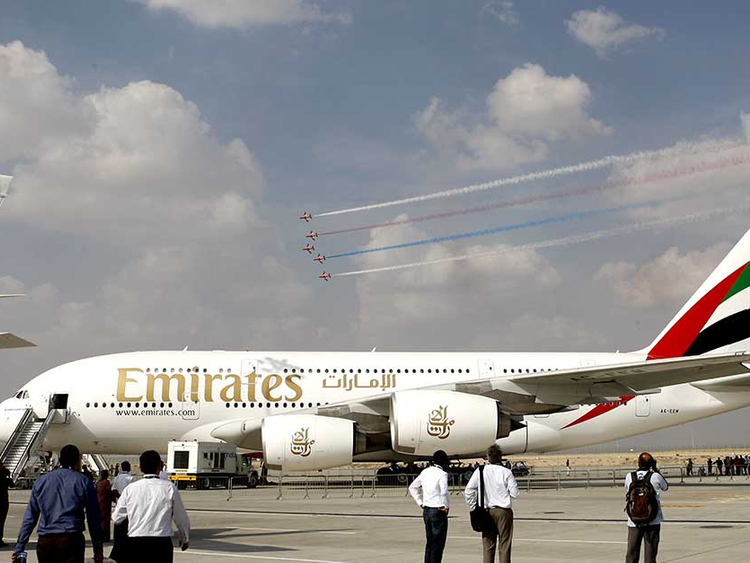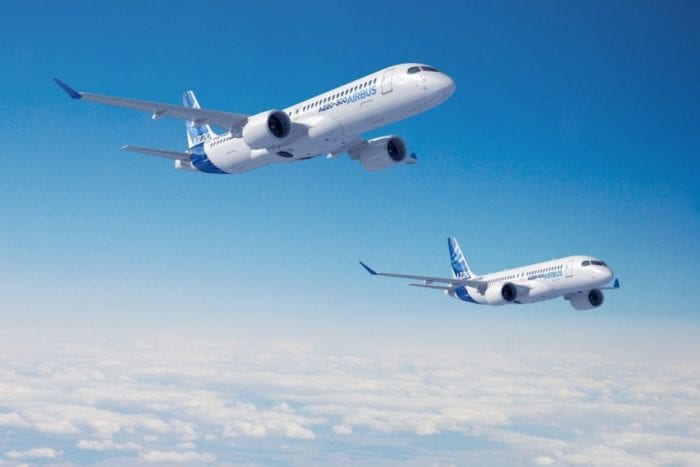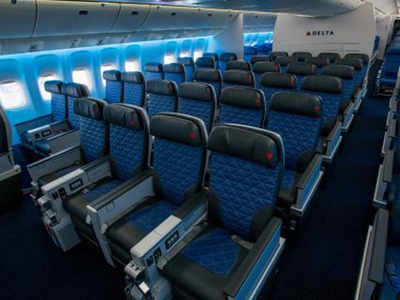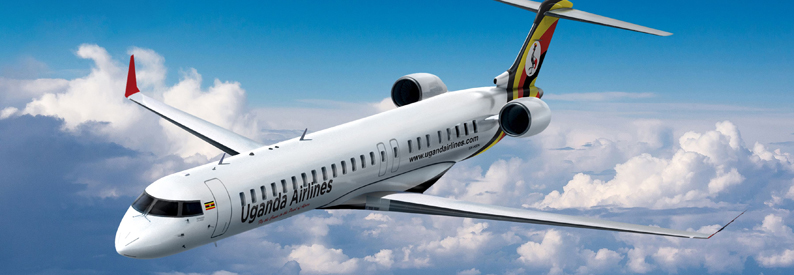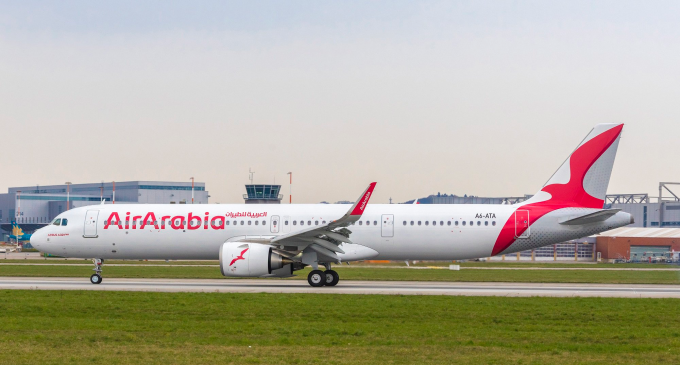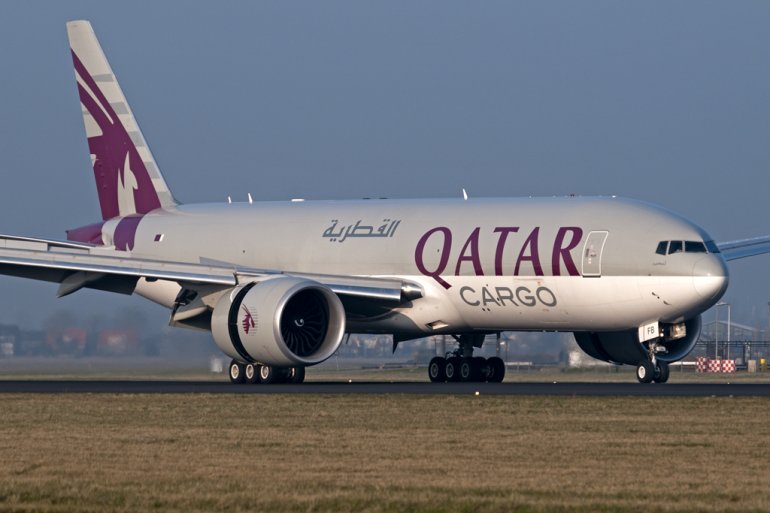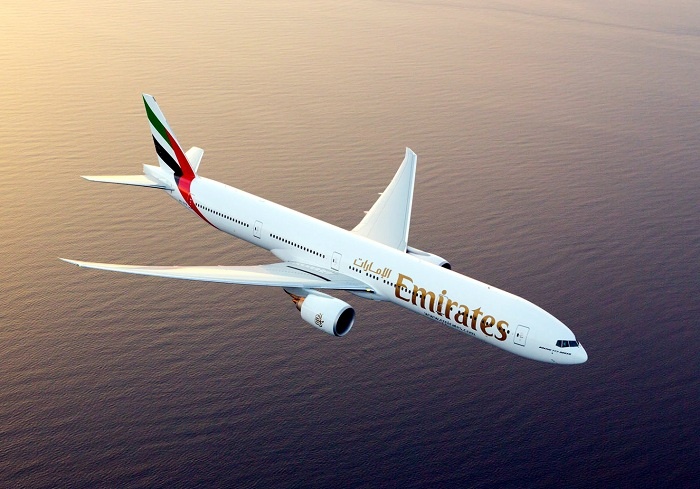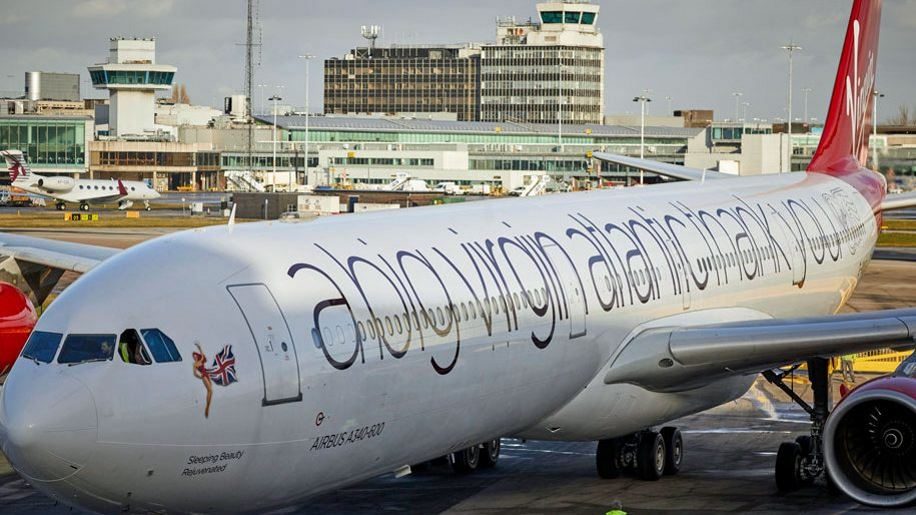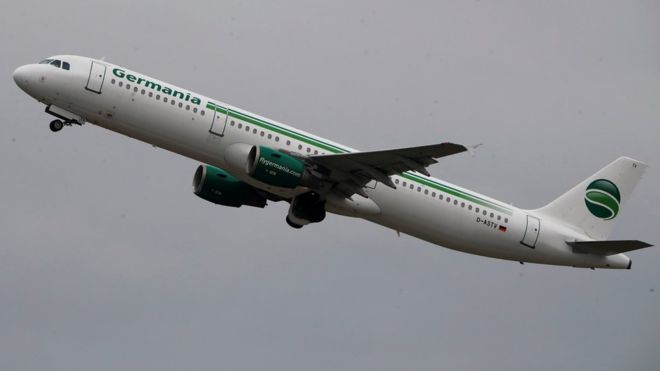Following months of speculation, Emirates has finally confirmed plans to connect its Dubai hub with Mexico City. The new daily service will link the Middle East and Mexico via Barcelona from December 9. The UAE airline is rostering its two-class Boeing 777-200LR for the sectors, with 38 seats in a 2-2-2 business class configuration, and 264 in economy.
The route is a new one for Emirates’ mainline passenger division, however its freight business Emirates SkyCargo has served the Mexican capital since 2014, carrying more than 22,500 tons (20,412 tonnes) within the last year alone. Emirates says key products such as avocados, berries, mangoes, automotive parts and medical supplies are among the most popular exports from Mexico. With the new 777 operation offering up to 14 tons (12.7 tonnes) on each flight, it is unclear if the passenger service will replace or enhance the company’s existing operation.
Sir Tim Clark, president of Emirates Airline said: “The availability of high-quality, daily international air services is essential for the development of tourism, business and cultural ties. Trade, especially in high-value and time-sensitive products, will be facilitated by the ample cargo capacity on Emirates’ Boeing 777 aircraft. We also expect tourism to receive a major boost from the daily flights on our newly-refurbished Boeing 777-200LR.”

(Jesus Aranguren/AP Images for Emirates Airline)
While the stopover in Barcelona is likely to reap some additional revenue for the carrier, the decision is primarily a technical one. Situated at an altitude of 2,238ft (682m) – almost twice the height of the summit of Ben Nevis – Mexico City’s Benito Juárez Airport can limit the range of departing aircraft. Sir Tim described the Spanish city as “a natural choice” for breaking up the journey, adding that connections between Barcelona and the Mexican capital had “long been neglected by other airlines and remains underserved despite strong customer demand”.
Emirates represents the 43rd carrier operating international flights to Mexico, which is currently enjoying increased popularity among leisure travellers.
Flight EK255 will depart Dubai at 0330hrs local time, arriving in Barcelona at 0800hrs before departing again at 0955hrs and arriving into Mexico City at 1615hrs the same day. The return flight, EK256 will depart the Mexican capital at 1940hrs, arriving in the Mediterranean hotspot at 1325hrs the following day. EK256 will depart once again at 1510hrs bound for the UAE where it will arrive at 0045hr the next day.

